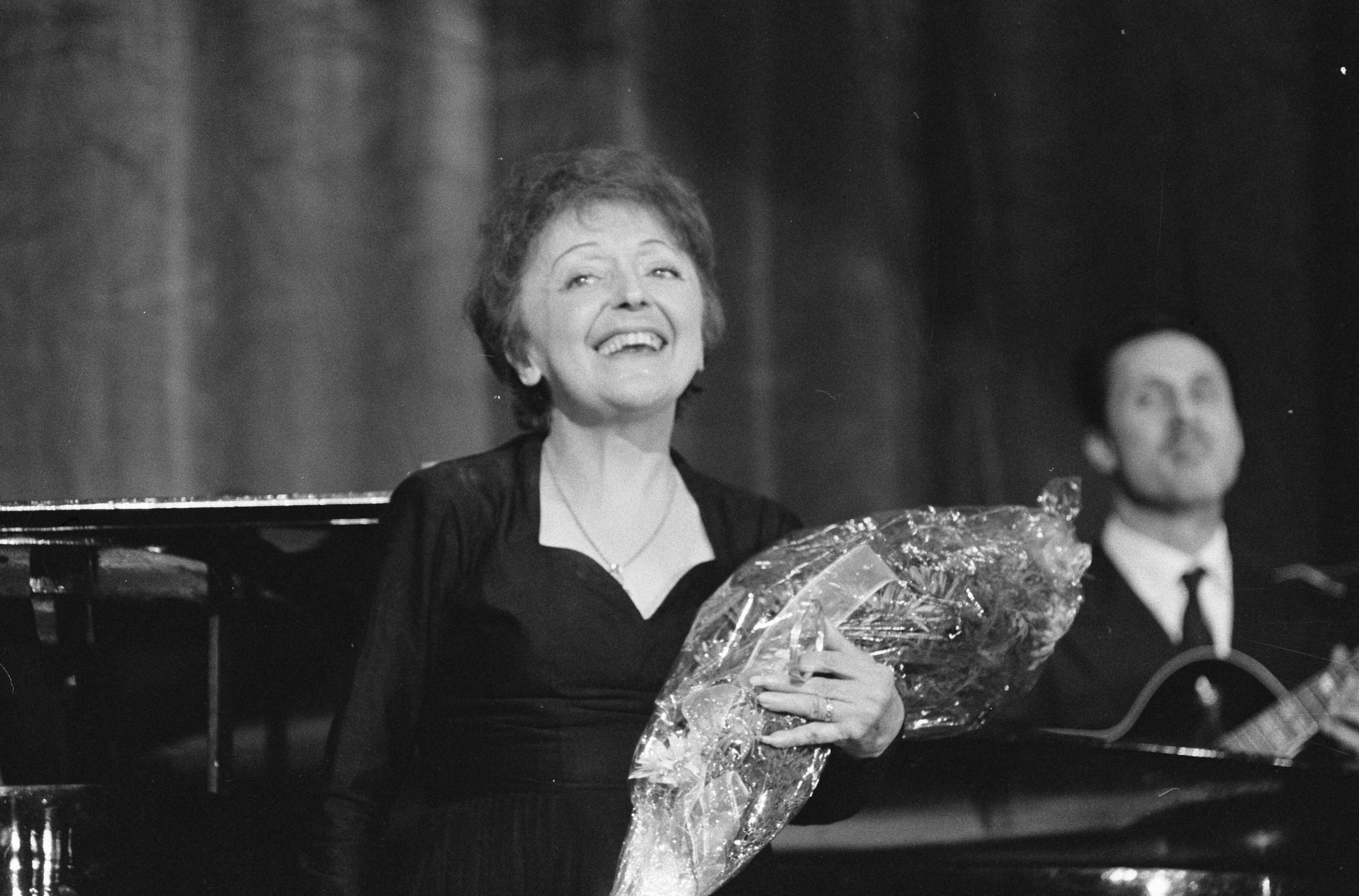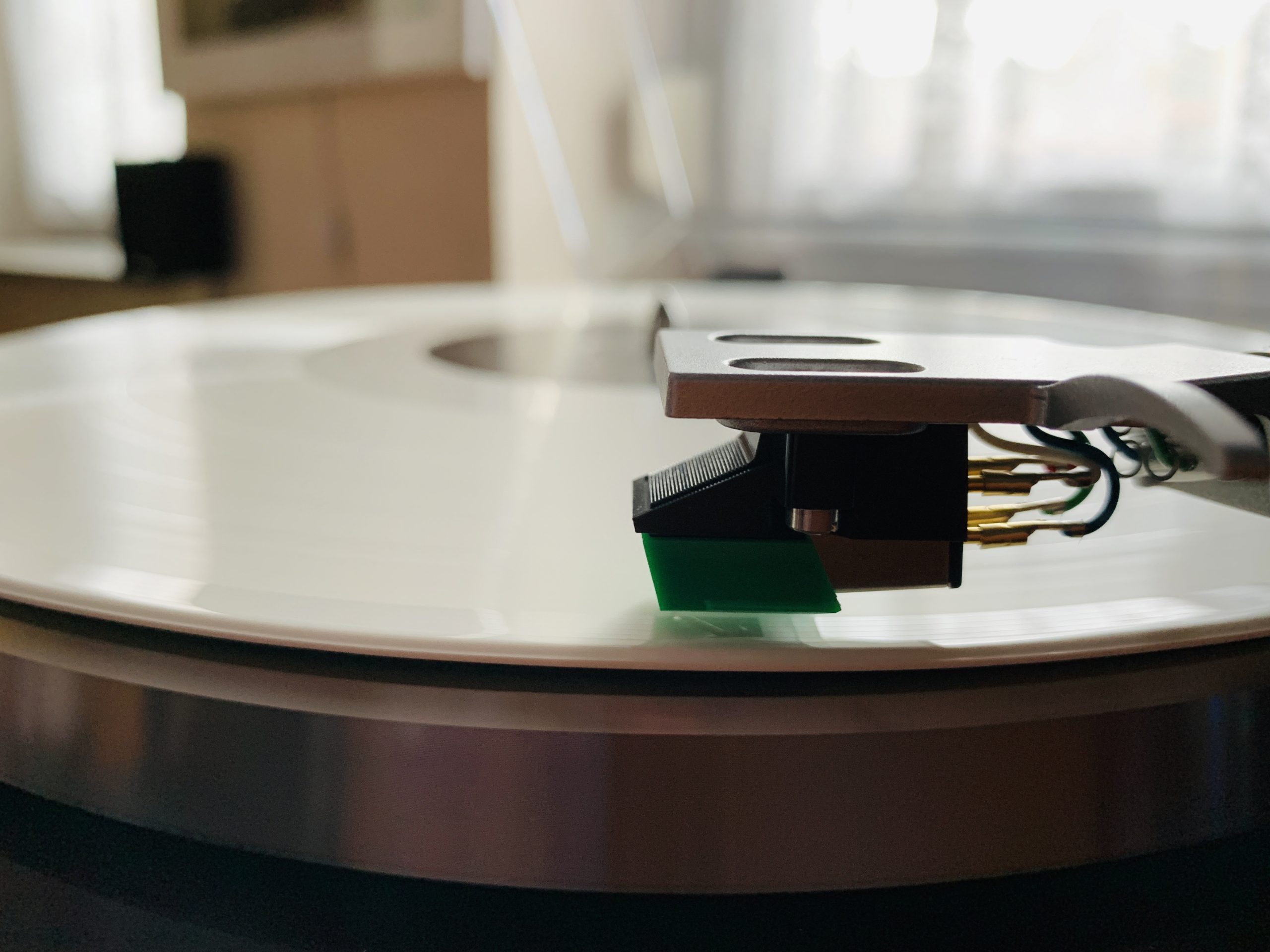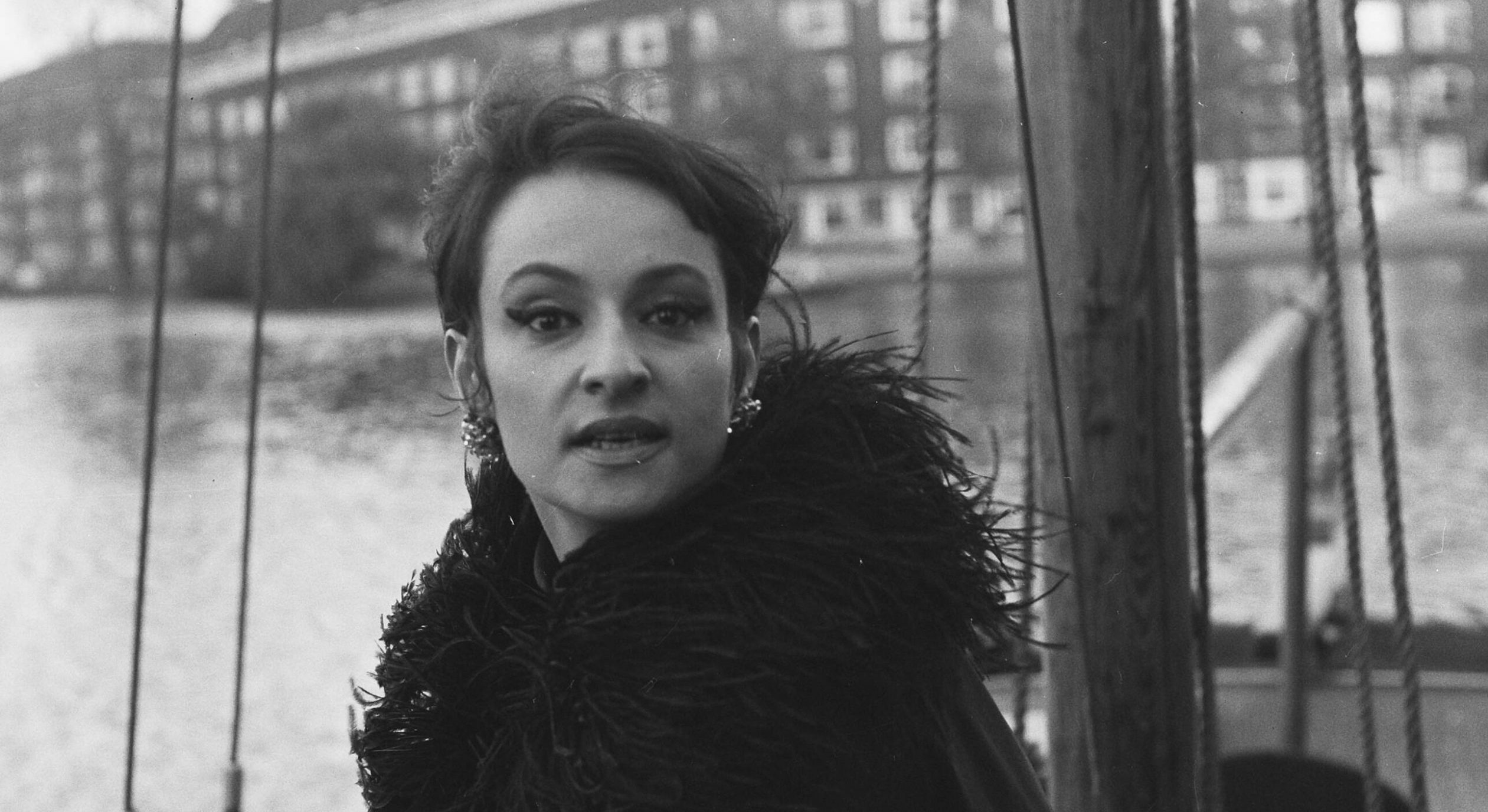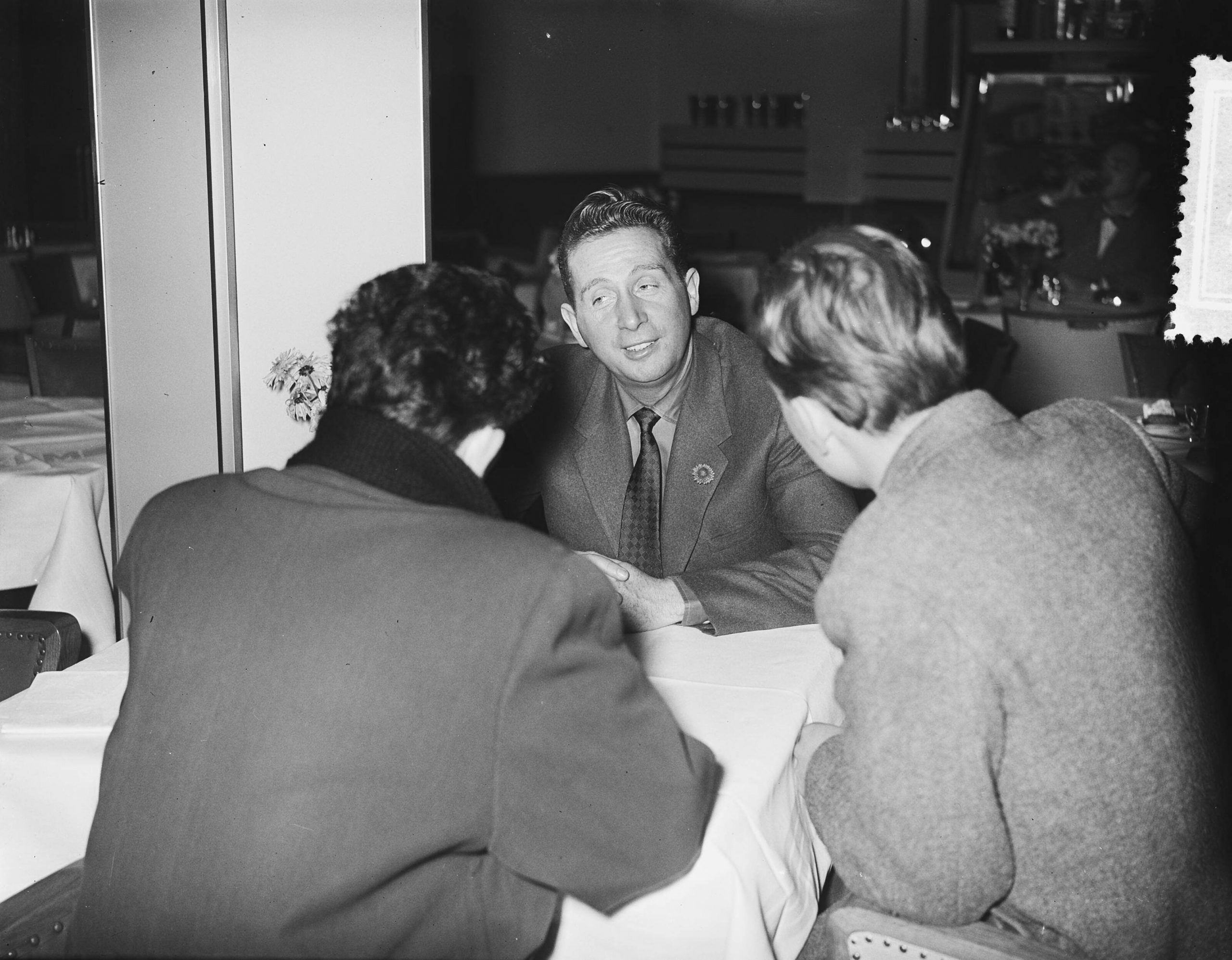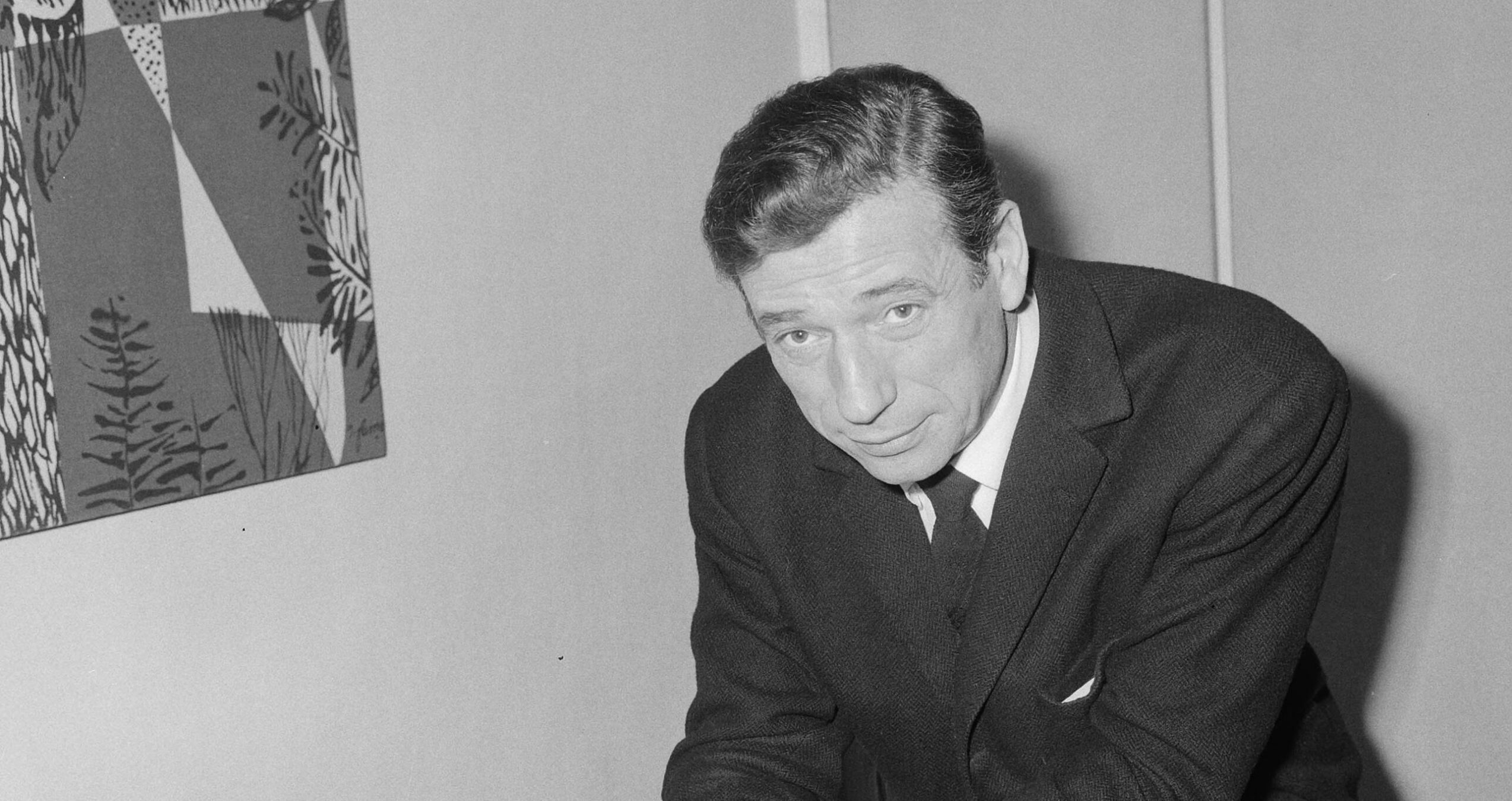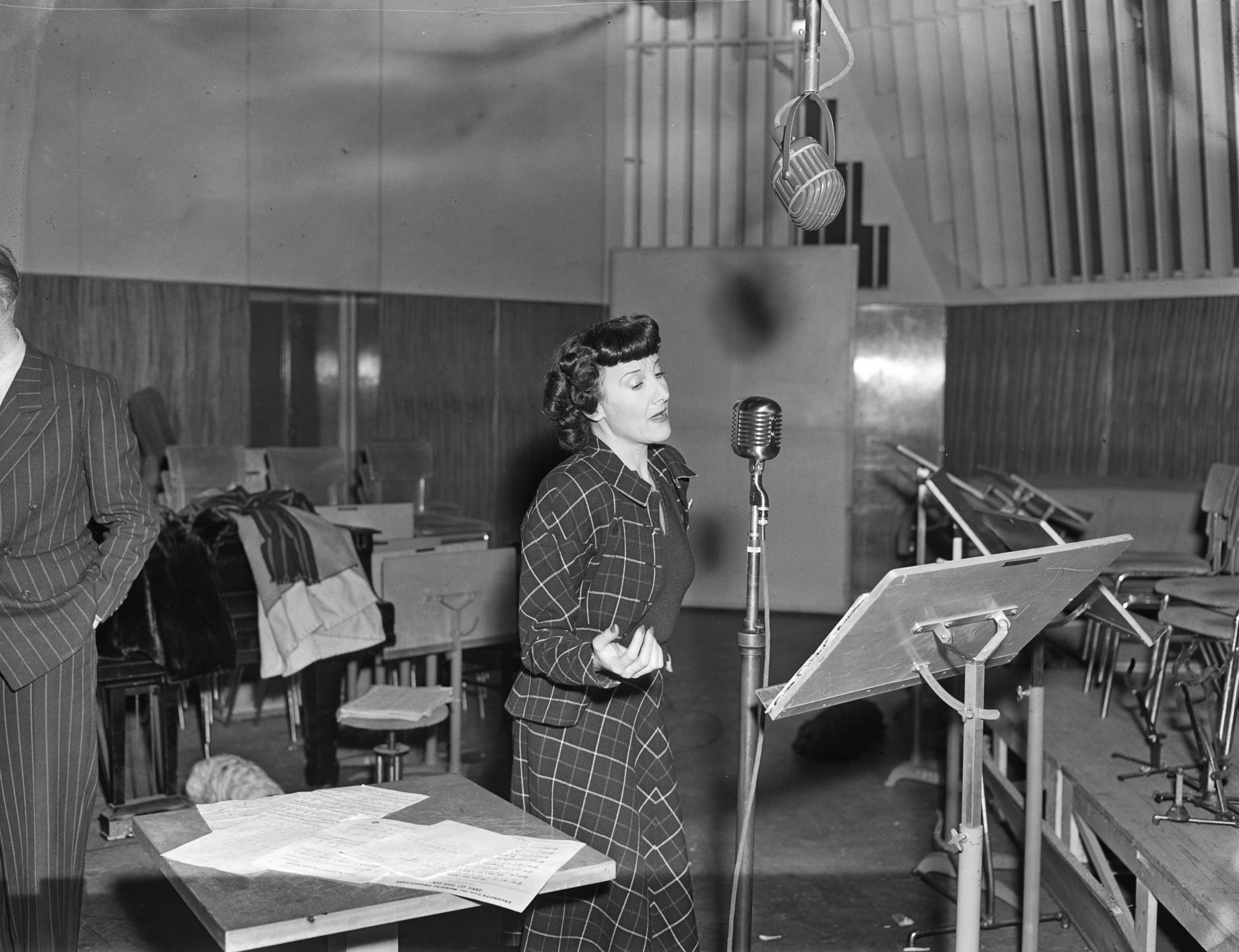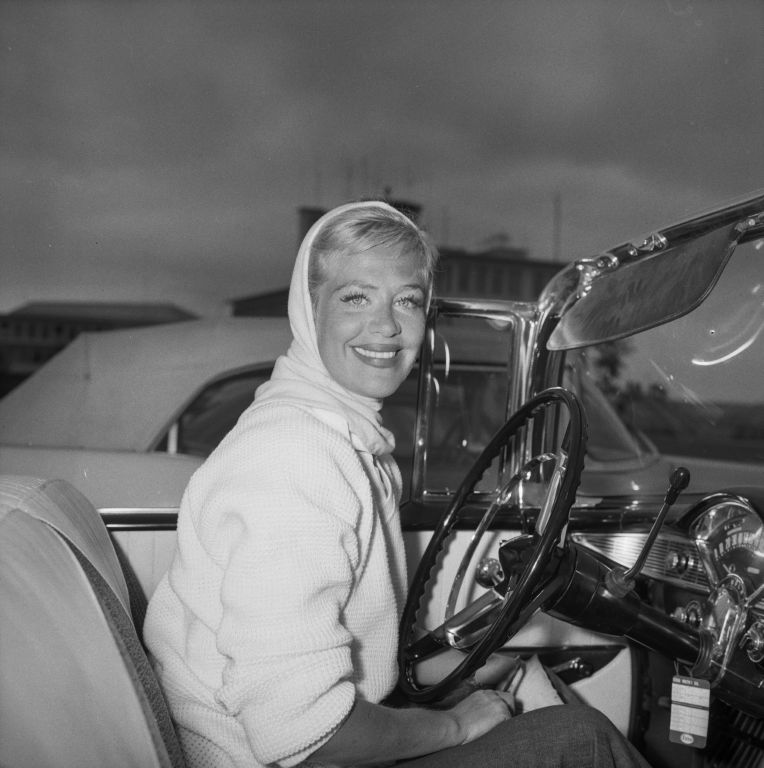In the winter of 1983, it was the song Africa that got people dancing in France: to this day, Rose Laurens is best known for this hit. It is above all Rose Laurens’ voice that fascinates listeners to this day: Africa was released in a French and an English version – both versions climbed the charts in Europe. One thing is certain: Rose Laurens’ voice was not just one voice among many – it was the special timbre of her voice that fascinates to this day.
But the French pop singer also released music beyond her probably best-known song Africa: the singer managed to harmonise the typical 80s pop sound with the traditional culture of French chanson.
When she was just twenty years old, Laurens joined the progressive rock band Sandrose: In 1972, the band released their only album bearing the band’s name – although the band disbanded shortly afterwards, the album is now one of the classics of the progressive rock genre.
In the mid-seventies Laurens then met the chanson composer and arranger Jean-Pierre Goussaud.
Jean-Pierre Goussaud
Rose Laurens, who was still performing under her real name Rose Podwojny at the time, took her first musical steps in the early seventies – in the mid-seventies Laurens then met the chanson composer and arranger Jean-Pierre Goussaud. Goussaud was no stranger to the French chanson scene: He had written chansons for French chanson singer Marie Laforêt, among others, and in the eighties he made a reputation for himself as the author of chansons interpreted by singers such as Johnny Hallyday, Yves Lecoq and Dalida.
After her collaboration with Goussaud began, the singer chose a first pseudonym for her future record releases: On her first solo single In Space (Goussaud had composed the song), the singer appeared under the name Rose Merryl.
Initially, the successes failed to materialise – so she considered whether another pseudonym might be more suitable. And so the name Rose Laurens was born: it was under this name that the singer celebrated her first French hit, Survivre, in 1979.
The musical Les Misérables
However, the springboard for her career as a singer was not a record release, but the premiere of the musical Les Misérables: the musical is based on the novel of the same name by Victor Hugo. At the premiere at the Palais des Sports in Paris on 17 September 1980, Rose Laurens played the role of Fantine. That premiere and all subsequent performances of the musical in Paris gave Laurens’ career an enormous boost: Rose Laurens regularly appeared on the musical stage for over a year for her role in Les Misérables, while at the same time working on her first studio album. Rose Laurens’ first studio album was released in 1982 under the name Déraisonnable – the album also contained the French version of her later hit Africa – other impressive chansons on that album include La Différence, Le Cœur Chagrin and Déraisonnable. In 1982, nobody could really have foreseen that Africa would become a global hit – after all, the album on which Africa was released for the first time was not called Africa, but Déraisonnable.
Jean-Pierre Goussaud wrote the music for Africa and Jean-Michel Bériat wrote the lyrics – the song reached number one in various French charts shortly after its release. There was no standardised French chart list before 1984.
Africa – “One-Hit-Wonder”?
After the French version of Africa became such a big hit, Elaine Stive wrote an English version of the French pop song, enabling the song to reach the top of the charts in other European countries too.
The English version of Africa was particularly successful in German-speaking countries.
In the context of Rose Laurens, people like to talk about an international one-hit wonder: a one-hit wonder is a pop music personality or band that has “only” had one hit in the charts. If one looks at the international music world, the term one-hit wonder may apply to Rose Laurens: In her native France, however, things are different. With the song American Love, which was popular in American clubs, Rose Laurens achieved another success outside France in 1986.
Last but not least, a musician’s chart positions say nothing about the quality of their music, but only about the sales success of a vinyl record or a hit.
In Europe, Rose Laurens celebrated countless other successes in the 1980s.
French chanson in the USA
There were few French artists who were able to hold their own outside their native France: American show business, which to this day serves as the yardstick of success for the vast majority of internationally renowned musicians, functioned fundamentally different from French music culture at the time. In the United States, most music listeners were generally not sensitised to French chanson.
Although Rose Laurens once performed in the New York discotheque The Saint, American show business did not offer a long-term home for a singer like Rose Laurens: her artistic home was in France. In Europe, Rose Laurens celebrated countless other successes in the 1980s, including the songs Quand tu pars, La Nuit, Vivre and Mamy Yoko.
In 1987, her partner and musical partner Jean-Pierre Goussaud, who had also composed Africa, became ill: as a result of his illness, Rose Laurens cancelled all further engagements and initially withdrew completely from the public eye.
French chanson and the zeitgeist
In 1990, Rose Laurens and Jean-Pierre Goussaud released their last album together, J’te prêterai jamais. In the same year, Jean-Pierre Goussaud died – Laurens not only lost her life partner, but also her musical partner, who had played a decisive role in all her hit successes. Goussaud knew how to write the perfect music for Rose Laurens’ unmistakable voice – it is not without reason that Africa is still considered one of the French hit songs of the eighties par excellence.
After Goussaud’s death, it was very difficult for Rose Laurens to continue her musical career: The person who had given her voice meaning with his compositions was no longer there. Although Laurens released a few more albums and made a couple more public appearances, she was never to repeat her successes of the 1980s.
Rose Laurens is remembered as one of the most unmistakable voices in French pop music of the 1980s – the singer immortalised herself in particular with her hit Africa. But even beyond this hit, Laurens knew how to interpret chansons that harmonised traditional French chanson culture with the zeitgeist of the eighties.
Cover picture: © Simon von Ludwig
Main source: The biography on Rose Laurens via roselaurens.fr.

 Deutsch
Deutsch Français
Français
